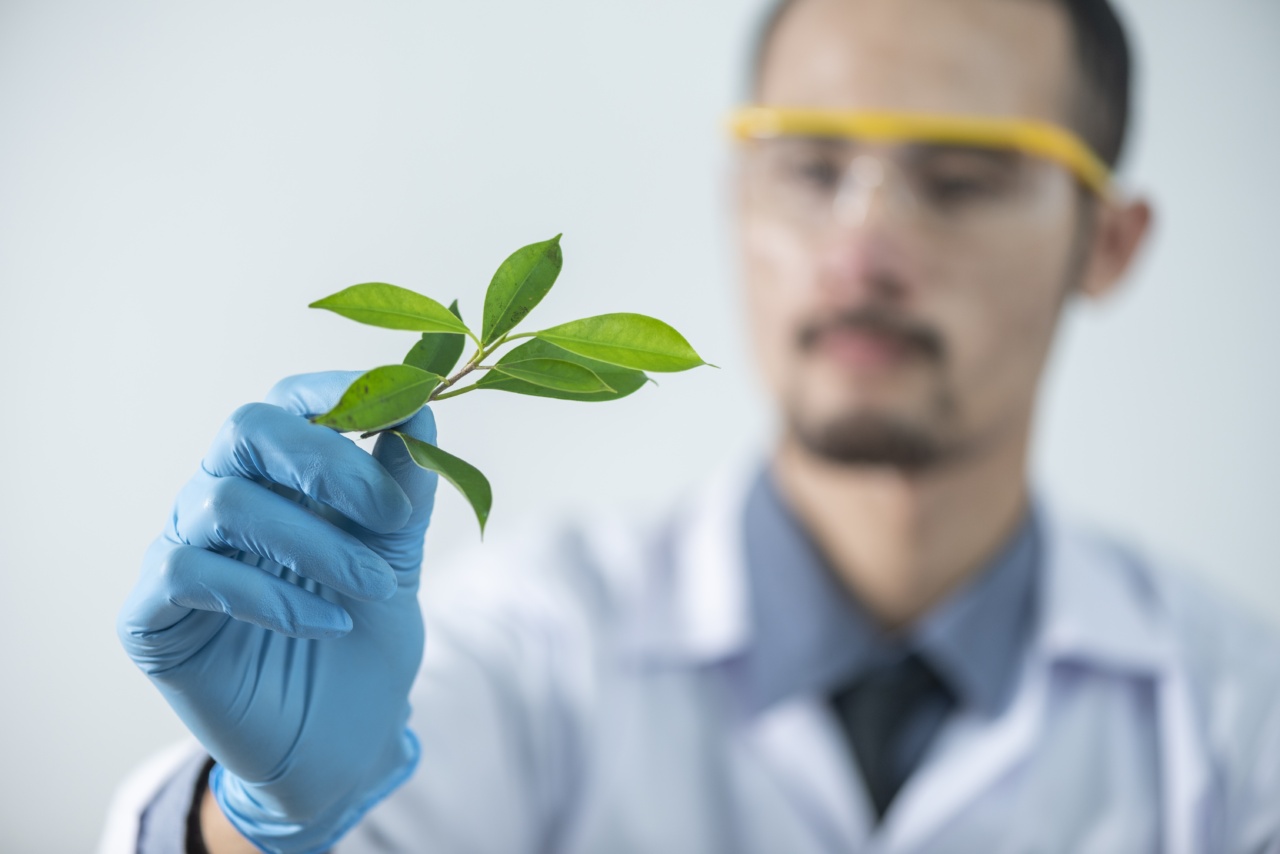When it comes to sexual health, there are many factors that play a role in maintaining a healthy and safe lifestyle. From practicing safe sex to getting regular check-ups, there are many things you can do to keep your sexual health in check.
In this article, we’ll explore some of the best ways to maintain sexual health and safety.
1. Practice Safe Sex
One of the most important things you can do to maintain sexual health is to practice safe sex.
This means using condoms during vaginal, oral, and anal sex to protect yourself and your partner from sexually transmitted infections (STIs) and unwanted pregnancies. Make sure to use condoms correctly and consistently, and talk to your partner about their sexual health history and any STIs that they may have.
If you’re not sure how to use condoms, talk to your healthcare provider or a trusted sex educator for guidance.
2. Get Regular Check-Ups
Another key factor in maintaining sexual health is getting regular check-ups with your healthcare provider. This will allow you to get tested for STIs and other infections, as well as receive important screenings such as pap smears and prostate exams.
It’s important to be open and honest with your healthcare provider about your sexual history and any concerns you may have, as this will help them provide you with the best possible care.
3. Stay Up-to-Date on Vaccinations
In addition to getting regular check-ups, it’s also important to stay up-to-date on your vaccinations.
This includes getting vaccinated against HPV (human papillomavirus), which can cause cervical cancer in women and other types of cancer in both men and women. Other important vaccines include the hepatitis B vaccine (which can protect against liver cancer and other health problems) and the meningococcal vaccine (which can protect against meningitis).
4. Practice Good Hygiene
Practicing good hygiene is another important factor in maintaining sexual health and safety. This means washing your genitals and hands regularly, and avoiding sharing towels, razors, or other personal items that can spread STIs or other infections.
It’s also important to keep any sex toys or other items used during sexual activity clean and properly sanitized to prevent the spread of germs and other microorganisms.
5. Communicate with Your Partner
Good communication with your partner is key to maintaining sexual health and safety. This means being open and honest about your sexual history and any concerns you may have, as well as discussing your boundaries and preferences around sexual activity.
It’s also important to talk about using protection and contraception, and to make sure you’re both on the same page about what you want and don’t want when it comes to sexual activity.
6. Take Care of Your Mental Health
Maintaining good mental health is another important aspect of sexual health and safety. This means managing stress and anxiety, getting enough sleep, and seeking help if you’re experiencing depression, anxiety, or other mental health concerns.
Unmanaged mental health issues can impact your sexual health and relationships, so it’s important to prioritize your mental health alongside your physical health.
7. Avoid Risky Sexual Behaviors
Avoiding risky sexual behaviors is another important factor in maintaining sexual health and safety.
This means avoiding unprotected sex with multiple partners, as well as avoiding drugs and alcohol that can impair your judgment and increase your risk of engaging in risky sexual behaviors. It’s also important to be aware of the signs and symptoms of STIs and other infections, and to seek medical help if you experience any symptoms that concern you.
8. Stay Educated and Informed
Staying educated and informed about sexual health is key to maintaining a healthy and safe lifestyle.
This means keeping up-to-date with the latest research and recommendations around sexual health, as well as seeking out resources and information on topics such as contraception, STIs, and sexual pleasure. There are many trusted sources of information available, including healthcare providers, sex educators, and reputable online resources.
9. Take Control of Your Sexual Health
Finally, taking control of your sexual health is the most important thing you can do to maintain a healthy and safe lifestyle.
This means being proactive about protecting yourself and your partner, getting regular check-ups, and seeking help if you experience any symptoms or concerns. By taking responsibility for your sexual health, you can enjoy a fulfilling and healthy sex life that promotes overall well-being and happiness.
Conclusion
Maintaining sexual health and safety is an important part of overall well-being and happiness.
By practicing safe sex, getting regular check-ups, staying up-to-date on vaccinations, and practicing good hygiene, you can reduce your risk of STIs and other infections while enjoying a fulfilling and satisfying sex life. Communicating with your partner, taking care of your mental health, avoiding risky behaviors, and staying informed can also help you maintain a healthy and happy lifestyle.






























